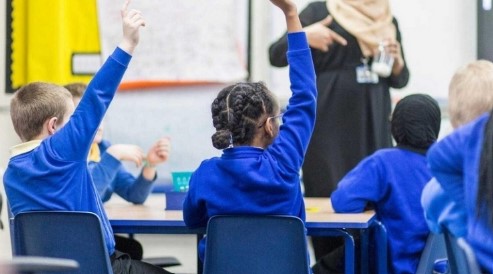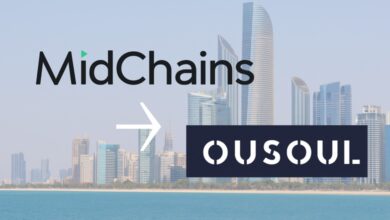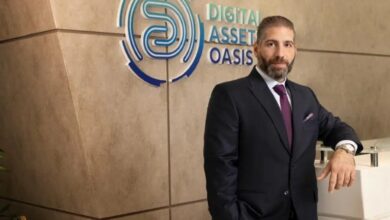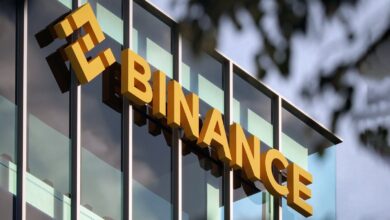
According to a recent study conducted by the Citizens School, parents in Dubai strongly believe that artificial intelligence, virtual reality, and the metaverse will play a crucial role in shaping their children’s future.
The study further revealed that creative thinking, confidence, and mental wellbeing were the top skills that parents considered essential for their children to succeed in the future.
As a matter of fact, the study found that an overwhelming 87% of parents believe that digital literacy is critical for their children’s future success, while 84% considered resilience and entrepreneurship as important skills.
These results suggest that parents in Dubai recognize the need for their children to develop a diverse skill set that will equip them with the necessary tools to thrive in the rapidly changing world.
The study further suggests that cryptocurrency and the metaverse are also likely to play a crucial role in shaping the future of their children.
As Dubai continues to evolve with the rapid advancement of technology and the emergence of new job roles, the study emphasizes the need for schools to focus on developing skills and competencies that will help children become more adaptable to the challenges of the future.
The study proposes that educators need to reimagine traditional methods of teaching and challenge conventional thinking by offering children choices to explore and discover new technologies that will enable them to reach their full potential.
Dr. Adil Al Zarooni, Founder of Citizens School Dubai, supports this notion by highlighting the importance of providing children with a diverse set of skills that will equip them with the necessary tools to succeed in tomorrow’s world.
According to Hisham Hodroge, the current education system is limited to exams, where students simply receive information from their teachers. However, with research indicating that 40% of young children will need to be self-employed or entrepreneurs in the future, there is a need for a new approach to education that focuses on building mindsets that are adaptable and ready to embrace change.
The study examines how the UAE is uniquely positioned with its diverse classrooms, government policies, and access to technology to lead the way in re-imagining education. The emphasis is on preparing children for a future that is not solely dependent on grades but on the skills they need to succeed and flourish in uncertain times.
To achieve this goal, education needs to encourage students to take responsibility for their own learning, explore their passions, experience both success and failure, and learn from their mistakes.
Teachers need to play a supportive role, guiding students to access knowledge from various sources and helping them make sense of it.
The future of learning white paper explores the history and evolution of education, global trends, and the UAE’s forward-thinking government policies. It also surveyed UAE parents’ perceptions of education quality.
The study calls for all stakeholders to work together to create a more relevant learning experience that equips learners with the essential skills they need to thrive and succeed in the future.
With this in mind, it is evident that parents’ point of view on education has drastically evolved over the years. The increasing influence of technology in our daily lives has made it imperative for parents to embrace the latest advancements and prepare their children for a tech-driven future.
The recent study conducted by the Citizens School in Dubai has shed light on the growing interest of parents in utilizing virtual reality, artificial intelligence, and the metaverse to enhance their children’s educational experience. This being said, as we move towards an increasingly digital world, these technologies will become even more integral in shaping the future of education.
Additionally, the integration of cryptocurrencies in the education sector has the potential to revolutionize the way we learn and access educational resources.
As we look towards the future, it is important for parents and educators alike to embrace the potential of these technologies and work together to create a brighter and more innovative future for the next generation.





